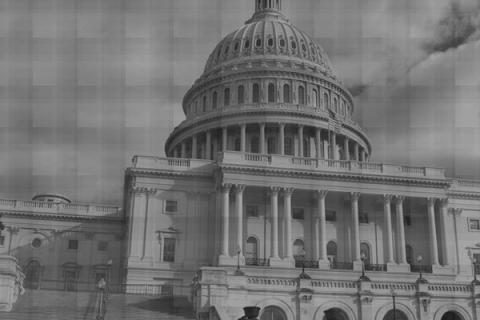
In an exclusive interview with Russia Today television in Damascus on Friday, Syria’s president, Bashar al-Assad, told reporters he has no plans to step down from his post – despite nearly 20 months of ongoing internal violence in criticism of his governing practices.
"I was not made by the West to go to the West or to any other country. I am Syrian, I was made in Syria, I have to live in Syria and die in Syria."
The president’s refusal to leave the country will likely do nothing to slow the nearly 20-month-old conflict, which anti-government activists say has left at least 36,000 dead, including thousands of government soldiers. A Turkish official at the government's crisis management center stated that –after a mass cross-border exodus on Friday— there are currently 120,000 Syrian refugees in Turkey.
The rising in this Middle Eastern nation took hold on 26 January 2011 in the streets of Al-Hasaka, when Hasan Ali Akleh doused himself with gasoline and set himself on fire.
It was a nod to an identical action that kicked off Tunisian protesting just one month before. In Syria it would be less than two months before the small reactionary demonstrations spiraled into a widespread, internal uprising (on March 15th) classifying the nation as a player in the Arab Spring.
While al-Assad acknowledges that his nation is certainly under attack, the Syrian head of state vehemently opposes any implication that the violence is a civil war.
"It is a new kind of war,” he told Russia Today, “terrorism through proxies, either Syrians living in Syria or foreign fighters coming from abroad. It is about terrorism and the support coming from abroad to terrorists to destabilize Syria. This is our war."
Still, rebel activity within Syrian borders persists. Free Syrian Army, the nation’s opposition forces, recently posted an online statement claiming its unit operation in Damascus had kidnapped the son of Rustam Ghazali, the head of military intelligence.
On Thursday, Syrian opposition members also met in Doha where they began exploring an initiative aimed at forming a rebel faction that could serve as a transitional government, should they defeat al-Assad’s army.
If al-Assad is willing to listen, this will come likely come as news to Syria’s unpopular president.
As Assad said, “if the Syrian people are against me, how can I be here?”
